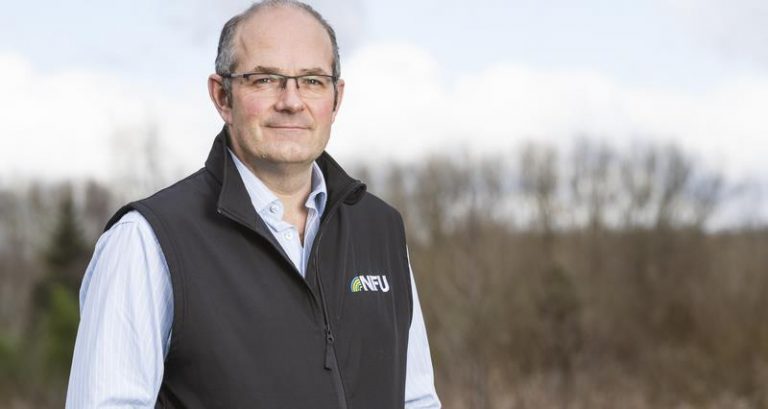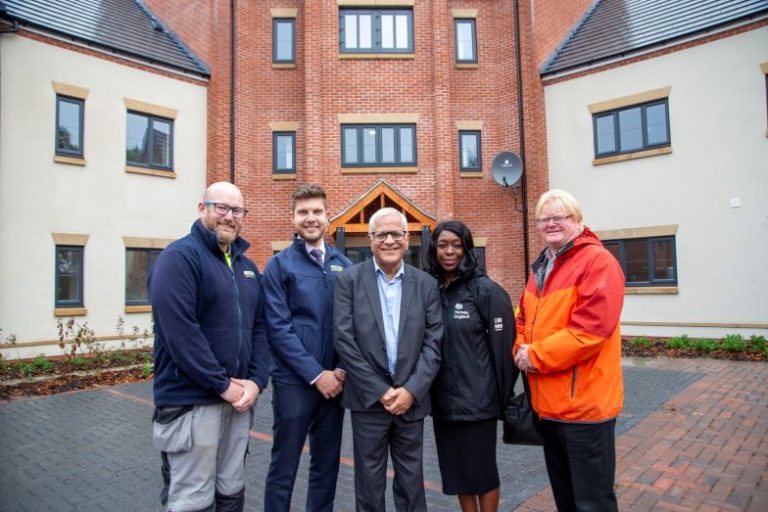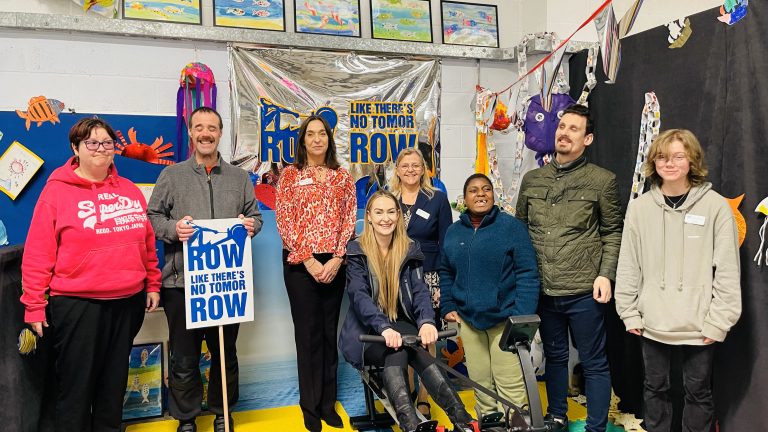Rutland businesses are set to unlock new growth and innovation opportunities, thanks to a partnership with regional universities.
Rutland County Council has launched the new Rutland Innovative Businesses Support (RIBS) project, spearheaded by Loughborough University (LU) on behalf of the Civic Universities Partnership with De Montfort University (DMU) and University of Leicester (UoL). This project is set to bolster the growth of Rutland’s businesses.
The RIBS project leverages the collective strengths of the three universities to offer Rutland-based entrepreneurs and businesses unprecedented access to expertise, innovation support, specialist equipment, and facilities.
With a proven track record of regional, national, and international business support, the universities will assist businesses in scaling through innovation and create collaborative partnerships that benefit the local economy.
This project has received £91,552 from the UK government through the UK Shared Prosperity Fund.
Donna Worship, Universities Partnership Manager, said: “It is fantastic for the universities to be working so closely with Rutland County Council to deliver this ground breaking scheme. It clearly demonstrates how collaboration between the universities, local partners and business can bring real and lasting benefits to our area.
“This project will support an innovation-led economy using university research, innovation and business support – one of the key aims of the civic university agreement. I look forward to hearing about the amazing advances that Rutland businesses will make through the programme.”
Rutland County Council’s Portfolio Holder for Planning, Property and Economic Development, Cllr Paul Browne said: “The RIBS project represents a unique opportunity for Rutland businesses to engage with regional universities, fostering collaborations that will drive innovation and support economic development in the region.
“This is a big step towards embedding Rutland within the regional innovation ecosystem and building links with universities, which is a key objective within our Economic Strategy.”
Eligible businesses in Rutland will be invited to participate in a series of initiatives, including workshops, funding schemes, and innovation-driven projects. A series of events across Rutland will introduce local businesses to the opportunities available through RIBS, including innovation vouchers, start-up support, sustainability audits, and access to funding.
The Brewing Innovative Ideas Roadshow: Rutland is the first to take place on Wednesday 6th November 2024 at The King Centre, offering businesses insight into how they can engage with universities and leverage student talent through placements and internships.
Also, as part of the project, businesses are invited to submit their Expressions of Interest (EOI) for the University Innovation Voucher and the Capital Grant Scheme which will run from October 2024 – March 2025.
The University Innovation Voucher is a fully funded scheme which will enable eligible Rutland SMEs to collaborate with one of the partner universities.
The scheme offers access to expert knowledge, specialist facilities, and R&D opportunities, helping businesses with everything from prototyping to sustainability audits. Ten vouchers, valued up to £3,500 each, will be awarded to successful applicants.
The Capital Grant Scheme will offer a match-funded capital grant, providing businesses with funding to purchase equipment or technology that promotes innovation. Applicants will need to provide 50% match funding and demonstrate how their projects will drive growth and innovation.
Businesses are encouraged to participate as soon as possible, as the scheme runs only until March 2025. You will need to submit an Expression of Interest (EOI). Once submitted, the universities will review the EOI, contact the business to discuss their needs, and identify the best support options, such as the voucher scheme or grant support. If the project is suitable, business will be guided through the full application process.












